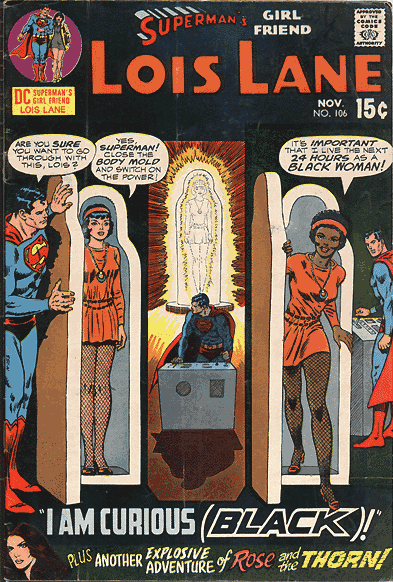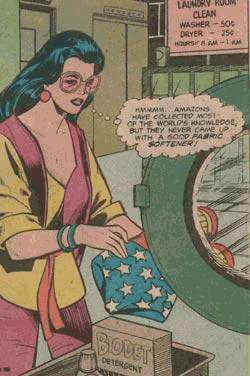[Edited 2003-01-05 5:21 am UTC]
I’ve just finished the new revised and expanded edition of Stephen King’s The Gunslinger. I detect a lot of the changes—much of the dialogue has been rewritten in the distinctive dialects developed in subsequent books. Several references (to LaMerk Industries and North Central Positronics, among others) are in this text that I don’t think were in the original, but I could be wrong. Oh, and there’s a reference to nineteen which I don’t remember from the original, but I could be misrembering. There’s only one change I noticed that I really regret: the second sentence of the original text is something like “The desert was the apotheosis of all deserts, standing to the sky for what might have been parsecs in all directions.” Now that sentence reads, “The desert was the apotheosis of all deserts, standing to the sky for looked like eternity in all directions.” Damn, but that sentence in the orignal was great. You’ve got your Clint Eastwood gunslinger trekking after the man in black through the alien deserts of Sergio Leone’s spaghetti Westerns (as a kid reading The Gunslinger for the first time I’d never seen a Sergio Leone movie, probably didn’t even know very well who Clint Eastwood was, but Leone and Eastwood’s Westerns are deeply enough embedded in pop culture that I instantly got what King was evoking), and that word “parsec” immediately disturbs things. “Parsec” isn’t a word you generally expect to find in the second sentence of a Western story or a non-sf fantasy story, what’s it doing here?
I guess can see why King might have wanted to take it out—the narration is focalized on the gunslinger, and parsecs are not a concept he’s probably familiar with. Nevertheless, I would rather King did a little narrative cheating than lose a classic line like that. But maybe King was right to take it out… the story doesn’t necessarily gain anything from giving away its sf influence so soon, and maybe it makes it more interesting to find out in the middle of the book that this story is more ambitious than a spaghetti-Western-influenced quest fantasy, when we learn that the gunslinger knows about atomic power (but doesn’t know what a TV is). Oh well, I’m just sad the book lost one of its great lines.
***
The Dark Tower is very much a story about telling stories—Most of the first part of The Gunslinger is narrated in flashback as Roland tells a story to another character. He spends a fair amount of the second part telling stories to Jake. When he finally meets the man in black, the man in black spends a long long night telling him stories. Wizard and Glass is almost entirely a story that Roland tells his companions. At least a third, maybe more, of Wolves of the Calla is one character, Father Callahan (who is also a character in Salem’s Lot, which I’ve not read), telling Roland and Co. the long story of his life. I bet there are many stories told in The Drawing of the Three and The Waste Lands, but it’s been long since I read those books and I don’t remember a lot of them. Related to all this tale-telling, The Dark Tower also seems to be a story about how a character who begins with no name and no story gains both. “The gunslinger was not a man to dwell on the past; only a shadowy conception of the future and of his own emotional make-up saved him from being a man with no imagination…” (p. 91 of the revised edition) He has a past, a story, but seems not to have thought much on it until events in this book forced it on him.
The subtitle of this book is “Resumption,” and the man in black surprises Roland by saying he has resumed his quest—the gunslinger never stopped questing, so how could he resume? Is it because the gunslinger had drifted without a name or a story (without an identity) and only now events (orchestrated by the man in black) in this story force him to make decisions and sacrifices which bind him to his quest? There are maybe other things in his past which bind him, but they’re revealed in subsequent books, they come later in the narrative order of the story. And in a story such as The Dark Tower in which narratives are so centrally important, might the flow of the narrative take precedence over chronology?
Well, I don’t know where King is going with these narrative-related themes, but I’m interested.
Oh, and it really bugs me that the gunslinger is now named at the end of the first part! It was very cool and tied into the “Man with no Name gets a name and a story” theme that Roland is named only in the (increasingly frequent) flashbacks until the end of the book when the man in black names him in the narrative’s chronological present. Now that’s been negated.


